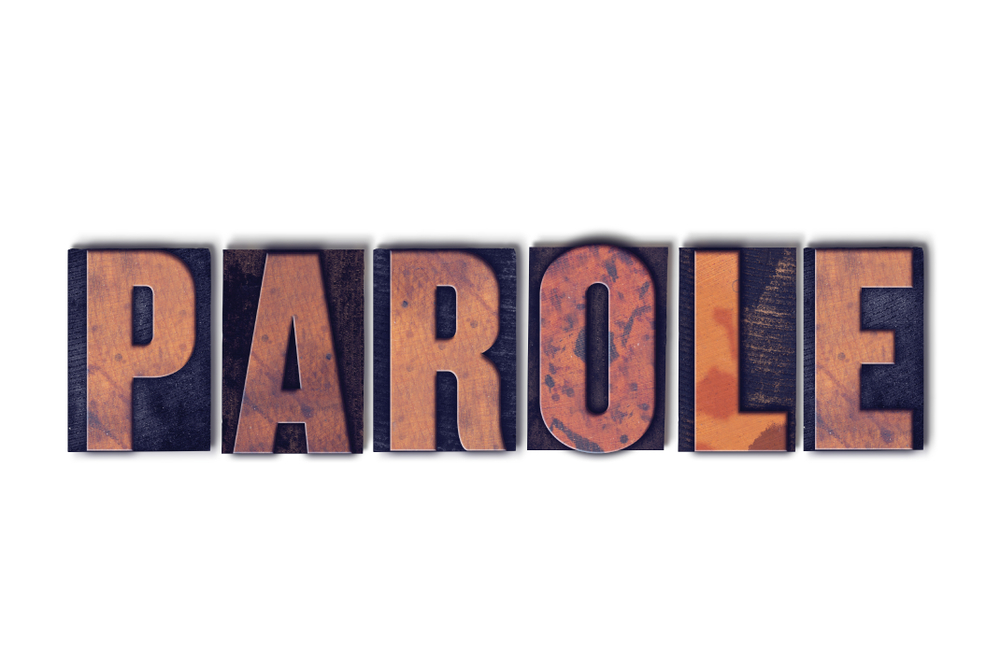Death records are generally considered public records, but the level of access can vary depending on the jurisdiction and specific circumstances.
Here’s a detailed overview of the public accessibility of death records…
General Accessibility
- Public Records – In many places, death records are part of public records and can be accessed by anyone. This often includes basic information such as the deceased’s name, date of death, and place of death.
- Restricted Access – Some jurisdictions may restrict access to certain details in death records, such as the cause of death, to protect the privacy of the deceased and their family. Access might be limited to immediate family members, legal representatives, or other individuals with a legitimate interest.
Accessing Death Records
United States
- State Vital Records Offices – In the U.S., death records are typically maintained by state or local vital records offices. These offices provide access to death certificates and related records, although procedures and access levels can differ by state.
- Requesting Records – You can request a death certificate by visiting the vital records office’s website for the state where the death occurred. Many states offer online, mail, and in-person request options.
- Eligibility – Some states require proof of relationship or a valid reason for accessing detailed information. Basic information is usually accessible to the public.
- Online Databases – Several online services and databases provide access to public death records. Websites like Ancestry.com, FamilySearch.org, and FindAGrave.com can be useful for genealogical research and often include indexed death records.
- County Clerk’s Office – Local county clerk’s offices may also maintain death records and can provide access or direct you to the appropriate state agency.
Other Countries
- United Kingdom – In the UK, death records are managed by the General Register Office (GRO). Copies of death certificates can be ordered online, by mail, or in person.
- Canada – Vital statistics agencies in each province handle death records. Access rules can vary, but family members and individuals with a legitimate interest can usually obtain records.
- Australia – Australian death records are managed by the Births, Deaths, and Marriages registries in each state and territory. Access may be restricted to certain individuals, especially for recent records.
Online Resources
- Genealogical Websites – These sites often have large databases of death records that can be accessed for free or through a subscription. Examples include Ancestry.com, FamilySearch.org, and MyHeritage.com.
- Government Websites – Many state and local governments provide online portals for requesting death certificates and accessing public records.
While death records are generally considered public records, the level of access to specific information can vary based on jurisdiction and the nature of the request. In most cases, basic details like the name, date, and place of death are publicly accessible, while more sensitive information may be restricted to certain individuals. To obtain death records, you can contact state or local vital records offices, use online databases, or consult genealogical websites.





